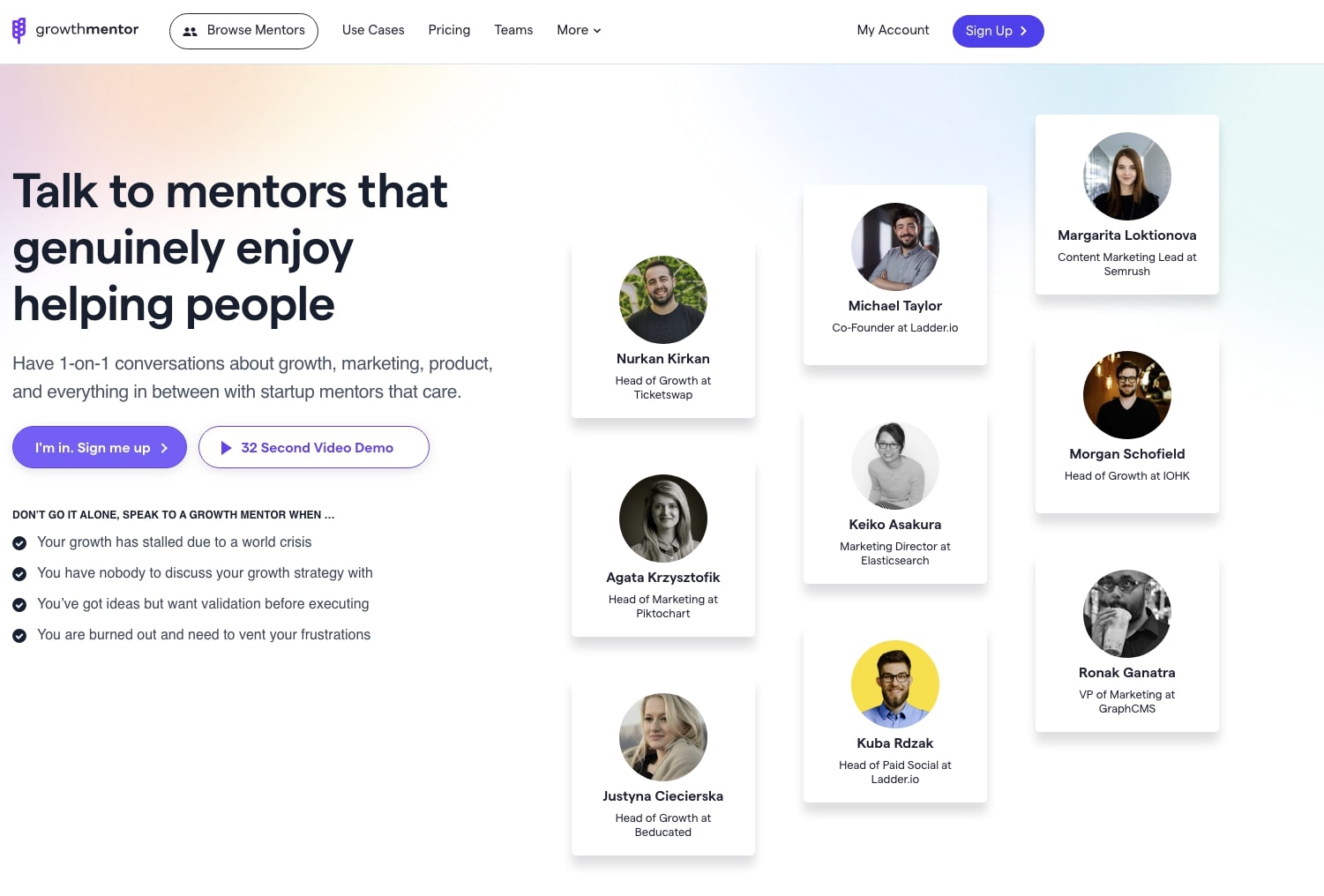When understanding is not enough, practice makes progress
Do you want to improve your skills and become a better business leader? If so, you’re in the right place!
Many new startup leaders and young professionals believe that all they need to do to get really good at something is read a couple of books or watch a few videos. There’s no question that consuming relevant and valuable content is an excellent way to understand a topic.
But this is only one piece of the puzzle.
If you hope to grow and evolve as a leader, you need to gain insights from established experts, practice what you learn, and document your journey through writing and self-reflection.
Today, we will look at several actionable ways you can fine-tune your skills and discover the true meaning of “practice makes perfect.”
Let’s get started!
Determine your strengths and weaknesses
The first thing you should do is determine your strengths and weaknesses. We all have unique skills and talents that we bring to the office every single day. On the other hand, we all have things that hold us back.
I suggest using a piece of paper or a virtual document to write down the things you’re good at and where you can improve. Not only will a visual help you retain this information, but it’s also an excellent resource to reference as you move through your career.
It’s worth mentioning that over time, things may shift from one category to the next.
For instance, if one of your weaknesses is search engine optimization for your website, you may put this in your weaknesses. As you develop your skills and eventually master SEO, you can move search engine optimization from your weaknesses to strengths.
Similarly, updates, algorithm changes, and a lack of practice can result in you moving something you’re good at to the weakness category.
I update my list every quarter and suggest new business leaders follow the same strategy.
Connect with a mentor
Now that you understand your weaknesses, it’s time to connect with a mentor. Mentors help professionals by sharing advice they learned throughout their careers, which can save time and reduce unnecessary failures.
I believe connecting with someone who understands your journey is one of the most important things you can do to improve your skills and learn about your industry. People often gripe about the fees associated with some mentors. But the fact of the matter is mentors can deliver years of experience and eye-opening tips over the course of a few short lessons.
You’ll be happy to know that there are plenty of ways to find mentors in your industry. For starters, you should check out the mentor catalog on GrowthMentor.
I also recommend spending time in professional groups on social media sites. LinkedIn is an excellent resource for forging connections with industry experts. Research shows that around 92% of Fortune 500 companies use LinkedIn regularly. Aside from these heavy hitters, you can also find mid-level business owners who’ve found success in their industry.
When you’re looking for someone to mentor you, here are a few things to keep in mind:
- Does the mentor have experience in your industry? If so, to what degree?
- Will the mentor support your decisions and challenge you to do what’s right?
- Has the mentor worked with other people? If so, how are they doing now?
- How are you most comfortable communicating? Text? Phone calls? In-person meetings? Do mentors you want to work with have these options available?
Look for opportunities to gain hands-on experience
Hands-on experience is the best way to practice your skills and improve over time. Your list of strengths and weaknesses and your time with a mentor will help you build a foundation for self-improvement. Practice allows you to hone your skills and build on what you’ve learned.
If you want to get better at a specific skill, plan time to practice each week. This seemingly simple tip is the best way to learn everything from musical instruments to email marketing.
The mistake many people make is they think practicing means doing something “behind the scenes,” so to speak. In reality, you can practice and improve in a live environment, like on your website. In fact, I would argue that hands-on, public practice is the best way to improve. You’re not just considering your own thoughts; you also get the opportunity to listen to what other people have to say.
In many cases, actionable feedback can help you improve faster than the behind-the-scenes method.
This tip is vital if you’re interested in growing your first startup. Most first-time business owners act on instinct, which usually results in plenty of trial and error. When the truth is, intentional, targeted practice is the best way to turn your business idea into a profitable venture.
Document your journey
The next topic I’d like to discuss is documenting your journey. I firmly believe that this is the most underutilized tip on the list. We can learn so much from ourselves and our experiences. The thing is, time moves fast. Weeks turn into months, and months quickly become years.
If you’re not keeping track of your progress, there’s a good chance you’re missing out on key growth opportunities. However, detailed documentation allows you to reflect on your past thoughts and observations. It’s much easier to look back at your weaknesses, goals, and potential roadblocks and decide what you handled correctly and where you can improve when it’s all on paper (virtual or otherwise).
My suggestion is to keep a journal and update it regularly. Instead of writing about your day or what you had for lunch, focus on your professional and personal growth.
For example, I write down my goals at the start of each month. When I update it the following month, I flip back a page and see how my expectations measure up to the actual results.
If I notice that we didn’t get as much done as I had planned, it’s time to figure out why. There’s a chance I was overambitious and put too much on the list. Alternatively, something more important may have come up, or we simply didn’t manage our time correctly.
I also like to make a short list of things I want to learn about by the end of the month. This method helps me keep track of ideas and growth exercises without the fear that I’ll forget later.
This sort of self-reflection makes it easier for you to identify patterns, track your progress, and improve your skills over time.
Related: GROW conversations and personal OKRs for success – Workshop by Div Manickam
Pass it on: Employee training and onboarding
Finally, I want to talk about how and why you should pass these strategies on to your team. Despite having different workloads and goals, your team is on a mission to gain knowledge and improve their skills.
You can build rapport with your employees and create a worthwhile customer experience by teaching your team the benefits of documented learning and hands-on practice.
For example, if you teach your customer success or customer support representatives to keep track of frequently asked questions, they can become more efficient at helping your audience. The first time a question comes up that they don’t immediately know, encourage them to make a note and follow up later. Over time, your customer service scores will improve as people receive fast, accurate help.
I also encourage you to use your own take on this strategy to onboard new employees. If you give new hires the tools they need to master self-reflection, they will likely stick with your company for years to come. The lifelong skills that come with these practices can help you build trust with new hires. People are naturally drawn to companies willing to fuel their skills and career.
Related: Learn more about Mentoring New Employees at Your Startup
Final thoughts
As you can see, there are plenty of ways to practice your skills and learn more about your industry. The tips outlined above will help you develop an actionable plan that will make it easy for you to take your professional growth to the next level.






